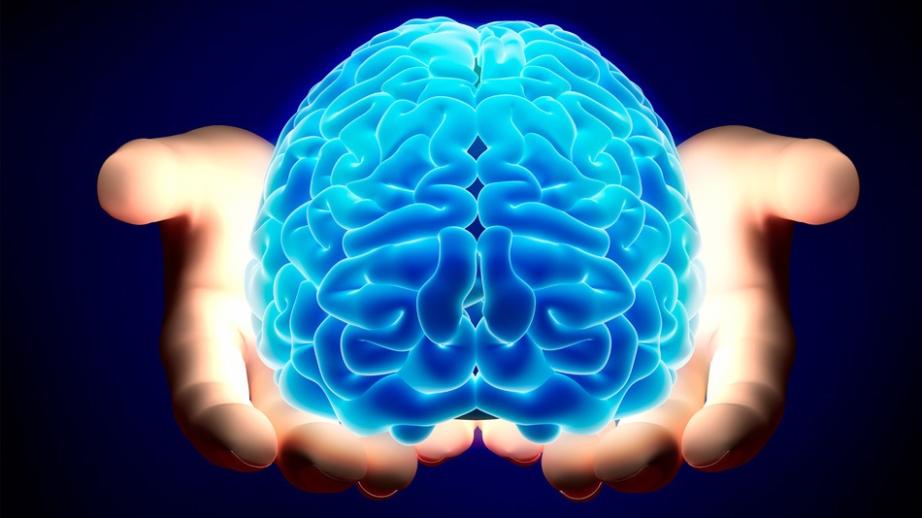How Does Neuropsychiatry Integrate Brain Insights to Understand Mental Disorders?
Neuropsychiatry is a specialized field that seeks to understand the intricate relationship between the brain and mental health. By integrating insights from neuroscience, psychiatry, and other disciplines, neuropsychiatrists aim to gain a comprehensive understanding of mental disorders and develop effective treatments.

The Brain-Behavior Relationship
The brain is the control center of our thoughts, emotions, and behaviors. Its complex structure and function give rise to our unique mental experiences. Neuropsychiatry explores the intricate relationship between brain processes and mental health conditions.
- Brain Structure: Abnormalities in brain structure, such as reduced volume in certain regions, have been linked to various mental disorders.
- Brain Function: Dysfunctional brain circuits and impaired communication between brain regions are often associated with mental health conditions.
- Brain Chemistry: Imbalances in neurotransmitters and other brain chemicals can disrupt normal brain function and contribute to mental disorders.
Neuroimaging Techniques
Neuroimaging techniques, such as magnetic resonance imaging (MRI), functional MRI (fMRI), and positron emission tomography (PET), allow researchers and clinicians to visualize and study the brain in vivo. These techniques have revolutionized our understanding of mental disorders by providing insights into brain structure, function, and chemistry.
- Structural MRI: Reveals abnormalities in brain anatomy, such as reduced volume in the hippocampus in depression or enlarged ventricles in schizophrenia.
- Functional MRI: Measures brain activity by detecting changes in blood flow, providing insights into the neural circuits involved in mental processes and disorders.
- PET Scans: Visualizes the distribution and activity of specific molecules in the brain, including neurotransmitters and receptors, helping to understand neurochemical imbalances in mental disorders.
Neurochemical Imbalances
Neurotransmitters, such as serotonin, dopamine, and norepinephrine, play crucial roles in regulating mood, cognition, and behavior. Imbalances in these neurotransmitters have been implicated in various mental disorders.
- Depression: Low levels of serotonin and norepinephrine have been associated with depression, leading to symptoms like low mood, anhedonia, and fatigue.
- Schizophrenia: Dysregulation of dopamine and glutamate neurotransmission is thought to contribute to the positive and negative symptoms of schizophrenia.
- Bipolar Disorder: Fluctuations in monoamine neurotransmitters, including serotonin, norepinephrine, and dopamine, are believed to underlie the mood swings and episodes of mania and depression in bipolar disorder.
Genetic Factors

Genetic variations can influence brain structure, function, and susceptibility to mental disorders. Neuropsychiatric research has identified genetic risk factors for various mental health conditions.
- Schizophrenia: Genetic studies have identified several genetic variants associated with an increased risk of schizophrenia, highlighting the role of genetic predisposition in the disorder.
- Bipolar Disorder: Twin and family studies suggest a strong genetic component in bipolar disorder, with heritability estimates ranging from 60% to 80%.
- Depression: Genetic variations have been linked to an increased risk of depression, although the exact mechanisms are complex and involve interactions with environmental factors.
Neuroplasticity And Resilience
The brain's ability to change and adapt in response to experiences, known as neuroplasticity, plays a crucial role in recovery from mental disorders. Resilience factors, such as social support, coping skills, and positive life experiences, can promote neuroplastic changes that support recovery and well-being.
- Cognitive-Behavioral Therapy (CBT): CBT helps individuals identify and change negative thought patterns and behaviors, promoting neuroplastic changes that support improved mental health.
- Mindfulness-Based Interventions: Mindfulness practices have been shown to enhance neuroplasticity and promote resilience, leading to improvements in mental health outcomes.
- Exercise: Physical activity has been found to induce neuroplastic changes and improve symptoms of mental disorders, highlighting the role of lifestyle factors in promoting brain health.
Treatment Implications

Neuropsychiatric insights have informed the development of various treatments for mental disorders, including medication, psychotherapy, and brain stimulation techniques.
- Medication: Many psychiatric medications target specific neurotransmitter systems, aiming to correct imbalances and alleviate symptoms.
- Psychotherapy: Various forms of psychotherapy, such as CBT and interpersonal therapy, help individuals understand and change maladaptive thought patterns and behaviors, promoting psychological well-being.
- Brain Stimulation Techniques: Non-invasive brain stimulation techniques, such as transcranial magnetic stimulation (TMS) and electroconvulsive therapy (ECT), have shown promise in treating certain mental disorders by modulating brain activity.
Future Directions
Neuropsychiatry continues to evolve, with emerging areas of research holding promise for advancing our understanding and treatment of mental disorders.
- Neuroimaging Advancements: Developments in neuroimaging techniques, such as ultra-high-field MRI and diffusion tensor imaging, are providing more detailed insights into brain structure and connectivity.
- Genetic Research: Ongoing genetic studies aim to identify specific genetic variations and their interactions that contribute to mental disorders, leading to personalized treatment approaches.
- Brain-Computer Interfaces: Research on brain-computer interfaces (BCIs) explores the potential for direct communication between the brain and external devices, offering new avenues for treating mental disorders.
Neuropsychiatry plays a vital role in integrating brain insights to understand mental disorders. By studying the complex relationship between the brain and mental health, neuropsychiatrists contribute to the development of effective treatments and promote recovery and well-being in individuals with mental health conditions. Continued research and collaboration between neuroscience and psychiatry are essential for advancing our knowledge and improving mental health outcomes.
YesNo

Leave a Reply